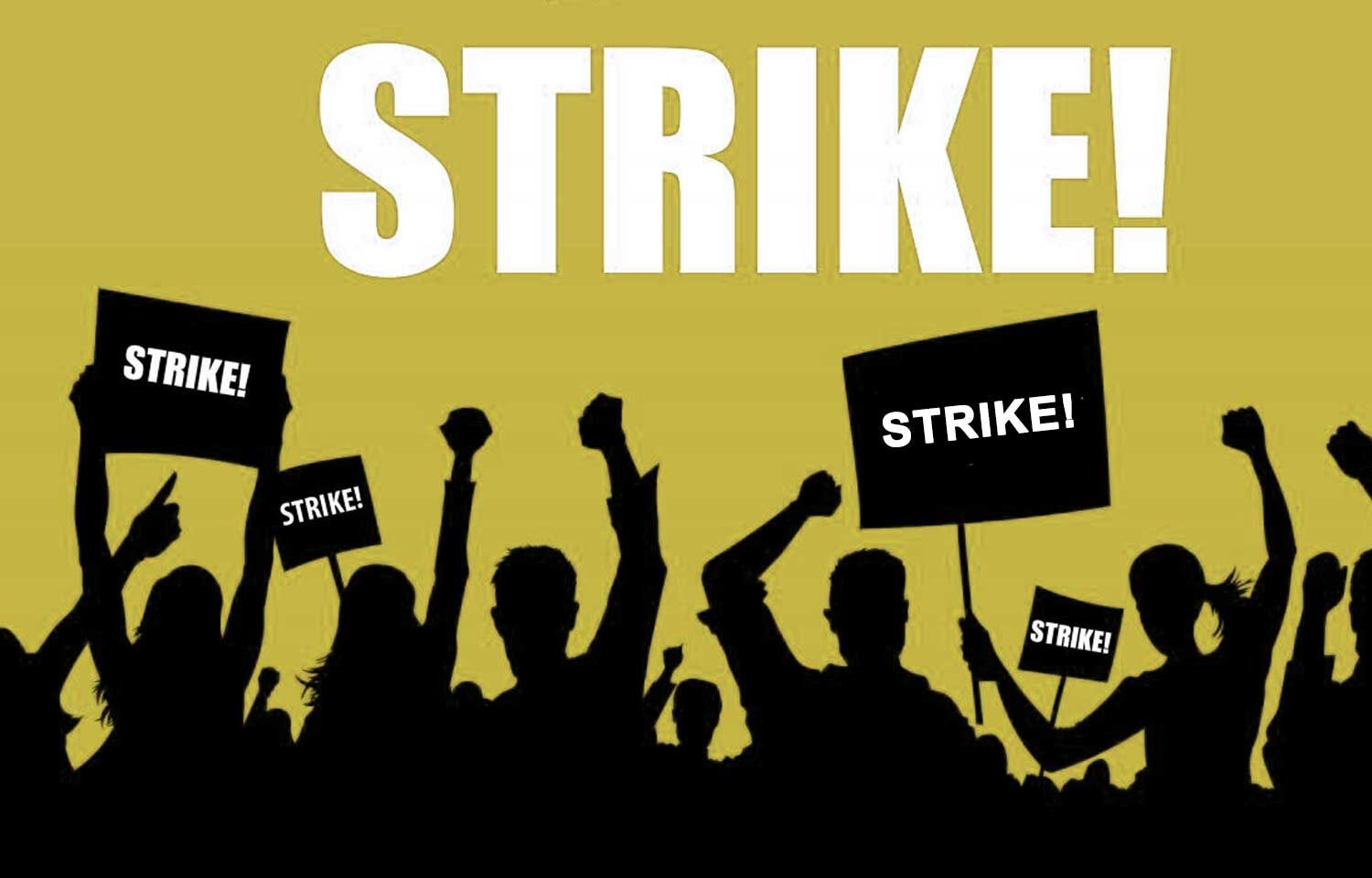QuynhHuong
-
Legal service

Regulations on registration fees under Vietnamese Law
Accordingly, it is essential to understand the registration fees, depending on each country. So, what are the regulations on registration…
Xem thêm » -
Legal service

Handling illegal strikes in Vietnam
Accordingly, a strike is a temporary, voluntary and organized stoppage of work by employees; in order to achieve requirements in…
Xem thêm » -
Legal service

Is it possible to extend the term of a labor contract with an addendum?
In the following article, LSX will give you an answer on “Is it possible to extend the term of a…
Xem thêm » -
Legal service

Regulations on illegal strikes in Vietnam
Accordingly, the strike is the right of workers to claim rights and benefits. However, not all cases are legal strikes.…
Xem thêm » -
Legal service

The procedure of strikes in accordance with the law in Vietnam
Accordingly, a strike is a temporary, voluntary and organized stoppage of work by employees; in order to achieve requirements in…
Xem thêm » -
Legal service

What is a strike under Vietnamese Law?
Accordingly, striking is one of the rights of employees. However, how to strike in accordance with the law is something…
Xem thêm » -
Legal service

Legal issues related to bilateral contracts under Vietnamese Law
Accordingly, bilateral contracts are the most familiar type of contract. So, what are the legal issues related to bilateral contracts…
Xem thêm » -
Legal service

Regulations on bilateral contracts under Vietnamese Law
Accordingly, a bilateral contract is a familiar type of contract. Thus, when learning about the classification of civil contracts; you…
Xem thêm » -
Legal service

Regulations on declaring a dead person under Vietnamese Law
Accordingly, when the Court’s decision to declare an individual dead takes effect; the individual is “legally dead”. So, what regulations…
Xem thêm » -
Legal service

Dossier for adoption under Vietnamese Law
Accordingly, adoption is one of the most important issues that need to stay under the control of the State. Therefore,…
Xem thêm »
